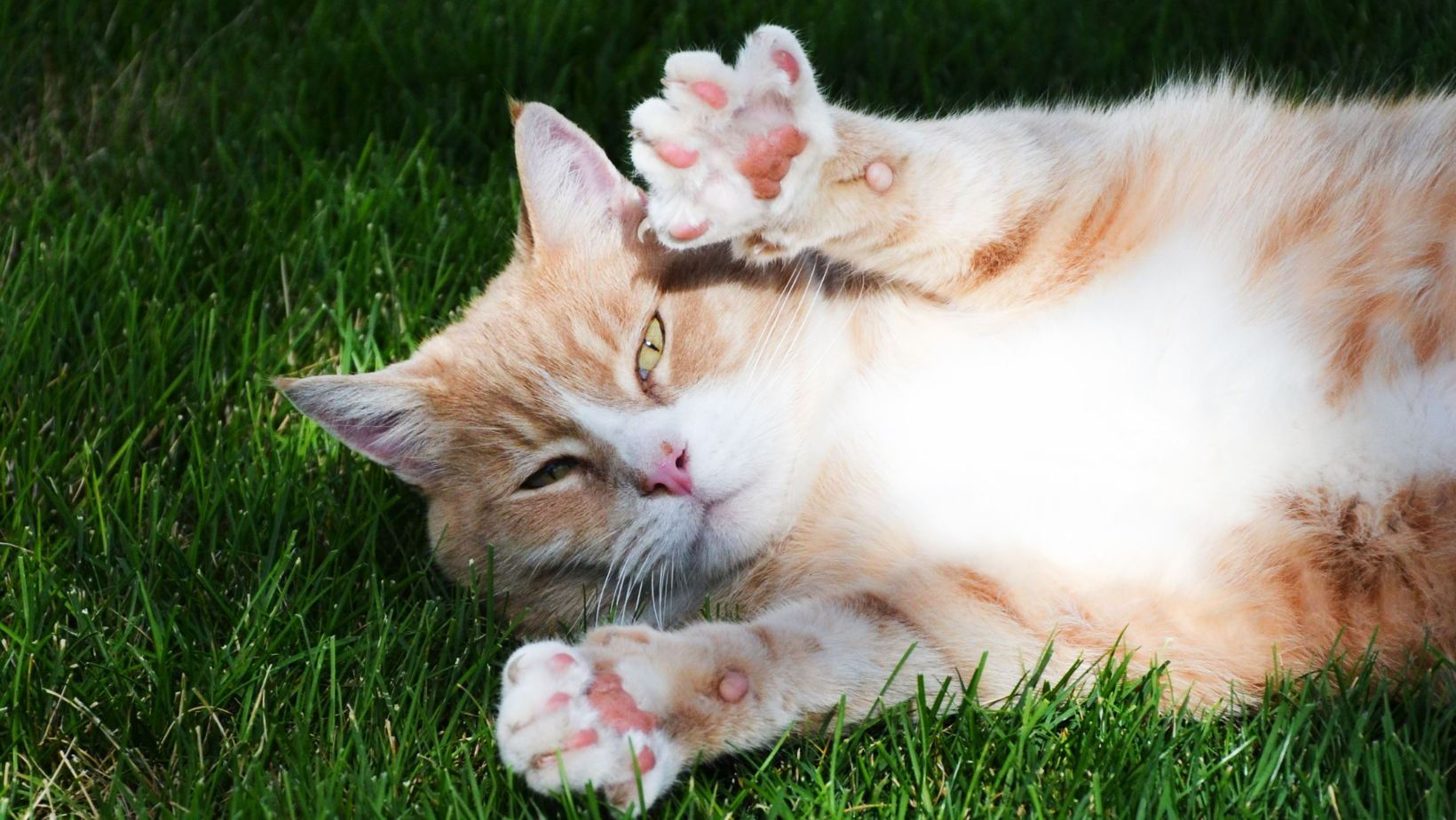10 Tips for a Happy and Healthy Kitten

One of the best things in the world is getting a new kitten. They are adorable, fluffy like down, and cuddly like, well, kittens. Even the hardest of hearts are almost instantly softened by kittens; Attila the Hun was rumoured to have several dozen kittens around at any given time (never confirmed, but he was a soft-hearted man, so who’s to say?)
Starting off on the right foot is important, and the food and attention you give your developing cat can have a huge impact on its happiness and health. For you and your “mew” friend, here are ten initial suggestions.
Here are 10 Tips for a Happy and Healthy Kitten:
- Keep giving your kitten its “regular” diet, but gradually add high-quality kitten food (i.e., high in protein and taurine, and low in fillers and carbs) to the mix; speak with your veterinarian about what is best for your cat. Feed it only the high-quality food once it has adjusted.
- Use a shallow plate to feed your kitten at least three times per day. Since they are tiny creatures, they require simple access to food. Include snacks as well, especially throughout the developing phase. Small portions of high-protein foods, such as cooked egg yolk, boneless fish, and cooked or raw liver, are a wonderful treat and support the development of strong bones.
- Having said that, it is acceptable to feed your kitten regularly (up to several times each day) while it is developing (under six months old). Keep a tiny amount of dry kibble on hand in a dish for your cat all day if it chooses to graze or eats sparingly.
- Is it dry or wet? Many owners manage to strike a good medium between the two. Maybe you eat moist food at night and dry food throughout the day.
- Always keep clean, fresh water on hand, and check on it periodically during the day. Yes, cats enjoy the taste of milk and will sip it from a bowl if you give it to them. However, given that they also enjoy the taste of antifreeze, that doesn’t really mean much. Leave human consumption of cow milk to small calves.
- It’s a good idea to keep your kitten in the same room as the litter box for a few days after you bring it home so that it can become used to it. Cats and kittens don’t require a lot of training. Since cats naturally prefer to bury their waste, it is frequently sufficient to only know where the litter box is to encourage usage of it.
- Pay special attention to your kitty. They are little, inquisitive, and prone to mischief. A little animal can all too easily be crushed, fall into a toilet, or get entangled between pieces of furniture and equipment. You will be your kitten’s best line of defence until it learns how to protect itself.
- Arrange for a checkup and the necessary vaccinations for your kitten.
- Your kitten will be healthier and happier after getting spayed or neutered, which will also make you happier. Fixed cats are less likely to engage in fights or spray urine, go into heat, or become pregnant. The optimal time to have a kitten neutered is around two months, but your veterinarian will be able to make that determination. Neutering is typically performed at six months, but younger kittens typically manage this minor procedure extremely well. Taking your veterinarian’s advice, schedule the appointment in advance.
- Have fun with the kitten. Almost anything can be a toy, whether it be a piece of twine, crumpled paper, or a pet store toy. Cats and kittens both like playing. Through play and unwavering affection, you will forge a friendship that will last for many years.
Love and care for your kitten. Your kitten will soon mature into a stunning, devoted, and loving cat.





